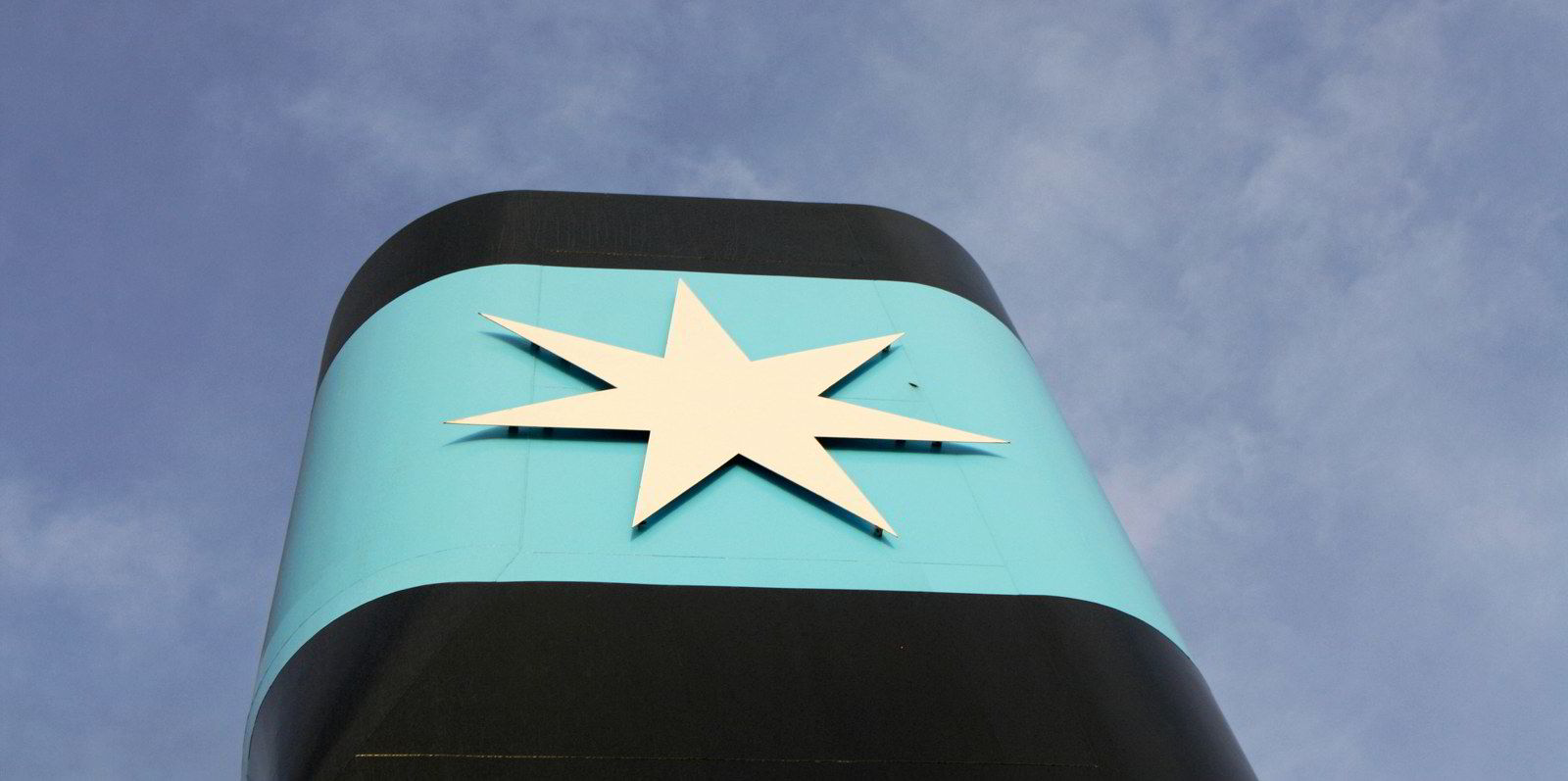AP Moller-Maersk chief executive Soren Skou has called for fossil-fuelled ships to be phased out in a bid to boost the shipping industry’s decarbonisation efforts.
“The EU Commission is proposing to end production of combustion engine cars in 2035," he said via social media. "The International Maritime Organization should do the same for fossil-fuelled ships with ambitious targets and measures to decarbonise shipping.”
Speaking via Maersk’s Twitter account, Skou said combining a global carbon tax and an end date for fossil-fuelled ships would be a strong signal to the shipping ecosystem — including yards and fuel producers — about which way the wind is blowing.
“We need to accelerate efforts to meet global emission reduction targets," he said. "A global drop-dead date would address future new built vessels, complementing the impact on existing ships from the carbon tax.
“With a phase-in ending at $450 per tonne of fuel, this tax would address the price gap between fossil fuels of today and the carbon-neutral fuels of tomorrow.”
Skou added that as the price gap narrows, the IMO’s Energy Efficiency Design Index (EEDI) in its coming phase could be the “instrument to make the end of date for fossil-fuelled ships a global reality”.
Maersk has already vowed to only order new vessels that can use carbon-neutral fuel as it seeks to deliver net-zero emissions by 2050.
The company took the industry by surprise at the end of August when it splashed out $1.4bn to order eight 16,000-teu containerships that will be able to run on carbon-neutral methanol.
The order, which was placed at South Korea’s Hyundai Heavy Industries, also includes an option for four additional vessels for delivery in 2025.
Maersk said this series of new ships will replace older vessels, generating annual CO2 emissions savings of around 1m tonnes.
With around 90% of world trade transported by sea, global shipping accounts for nearly 3% of the world’s CO2 emissions.
Figures from the latest edition of Clarksons' World Fleet Monitor put the size of the global fleet at more than 101,188 vessels and the estimated CO2 output for 2021 at 825m tonnes.






